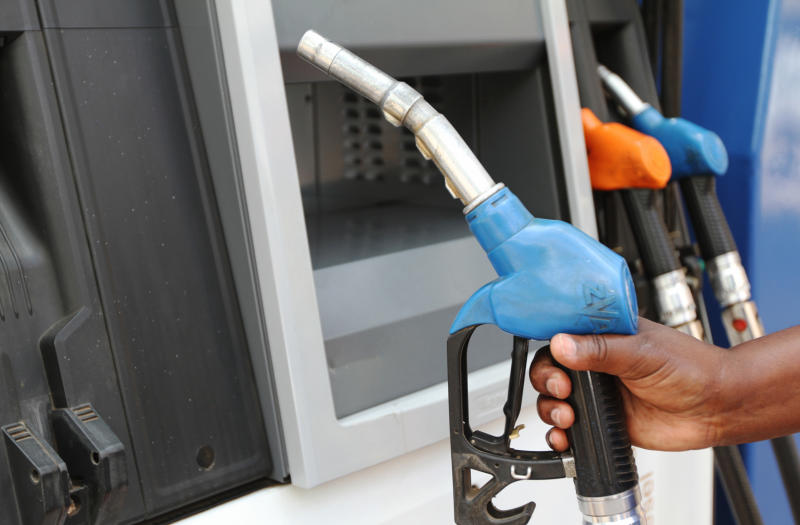×
The Standard e-Paper
Kenya’s Boldest Voice

Kenyans could pay more for fuel as the pump prices keep up with the rising cost of crude oil in the international markets.
This is even as they wait to see if the government will take up advice by the International Monetary Fund (IMF) to standardise Value Added Tax (VAT) on petroleum products, which would double the tax rate to 16 per cent from the current eight per cent.







